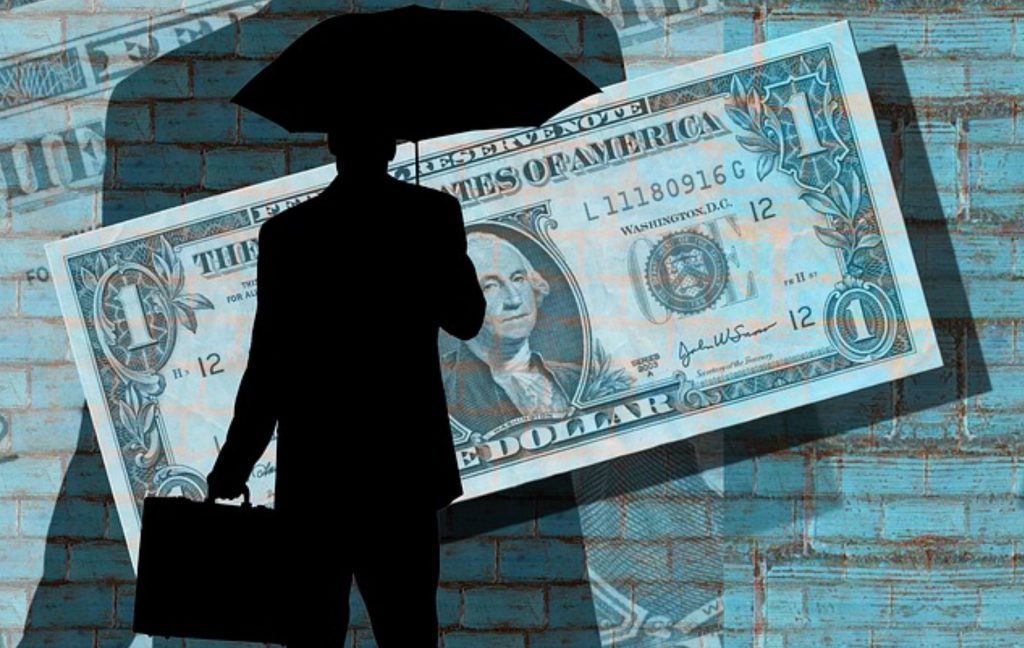In the context of the upcoming presidential election, the state of the economy has emerged as a crucial factor affecting voter sentiment, particularly in swing states like Pennsylvania. Recent polling indicates that economic concerns dominate voters’ minds, with dissatisfaction prevalent among the general populace regarding current economic conditions. This situation raises alarms for the Democratic Party, given that public sentiment appears to be shifting negatively just as the election draws near. As economic indicators suggest a downturn, a collection of signs showcases the worsening landscape for American households, businesses, and the overall economy.
First-time unemployment claims have surged, reaching their highest levels in over a year, primarily due to factors such as storm damages and labor stoppages. The Labor Department has reported initial jobless claims for early October at 258,000, marking a significant increase from the previous week. This spike in new unemployment claims reflects broader economic anxieties, suggesting that many individuals and families are facing fragile financial circumstances. Compounding this issue, a report from Primerica indicates that a record high of 55% of middle-income households are rating their financial situations negatively, evidencing a growing sense of economic distress among a significant population segment.
The cost of living crisis further exacerbates these economic tensions, as exemplified by the soaring expenses associated with achieving what is traditionally considered the “American Dream.” According to recent analyses, individuals now need approximately $4.4 million to live this ideal lifestyle over their lifetime, a staggering amount that far exceeds the average American’s lifetime earnings. This reality casts a shadow over the aspirations of many families as they grapple with financial pressure amid rising costs. The implications of such economic burdens extend beyond household finances; they resonate through various sectors, as seen in the corporate sector’s reactions to shifting consumer demands and spending patterns.
Notably, several large companies are indicating struggles amidst declining sales and profitability. For instance, Lamb Weston, the largest french fry manufacturer in North America, is reducing production and laying off nearly 400 workers due to unexpectedly low demand. Similarly, Boeing is planning to cut around 10% of its workforce as the aerospace industry confronts significant challenges, including labor strikes. These corporate layoffs signal a troubling trend in the job market, shifting the landscape for employment opportunities and raising concerns about future economic stability.
The banking sector is also feeling the strain, characterized by a notable wave of branch closures, with over 700 local bank branches permanently shut this year alone. Major banks like Bank of America and U.S. Bank have led this trend, impacting access to essential financial services for many communities. Furthermore, significant retail names like True Value and 7-Eleven are facing severe operational challenges, resulting in extensive store closures and bankruptcies. Such heightened instability within the retail sector reflects broader consumer hesitancy and diminished purchasing power, further diminishing economic prospects.
As these trends underscore a grim financial reality, broader societal influences complicate the economic landscape. Reports of workplace issues, such as the reprimanding of a state official for prioritizing merit over diversity in hiring, showcase the growing challenges organizations face. These elements contribute to a pervasive sense of uncertainty about the future, as many Americans fear that the economic hardships experienced currently may only worsen. The ramifications of these dynamics add to the mounting pressures on the election landscape, as candidates’ economic narratives become critical for voter decisions. In light of these factors, the coming months could see significant shifts in political fortunes, influenced heavily by the state of the economy.

